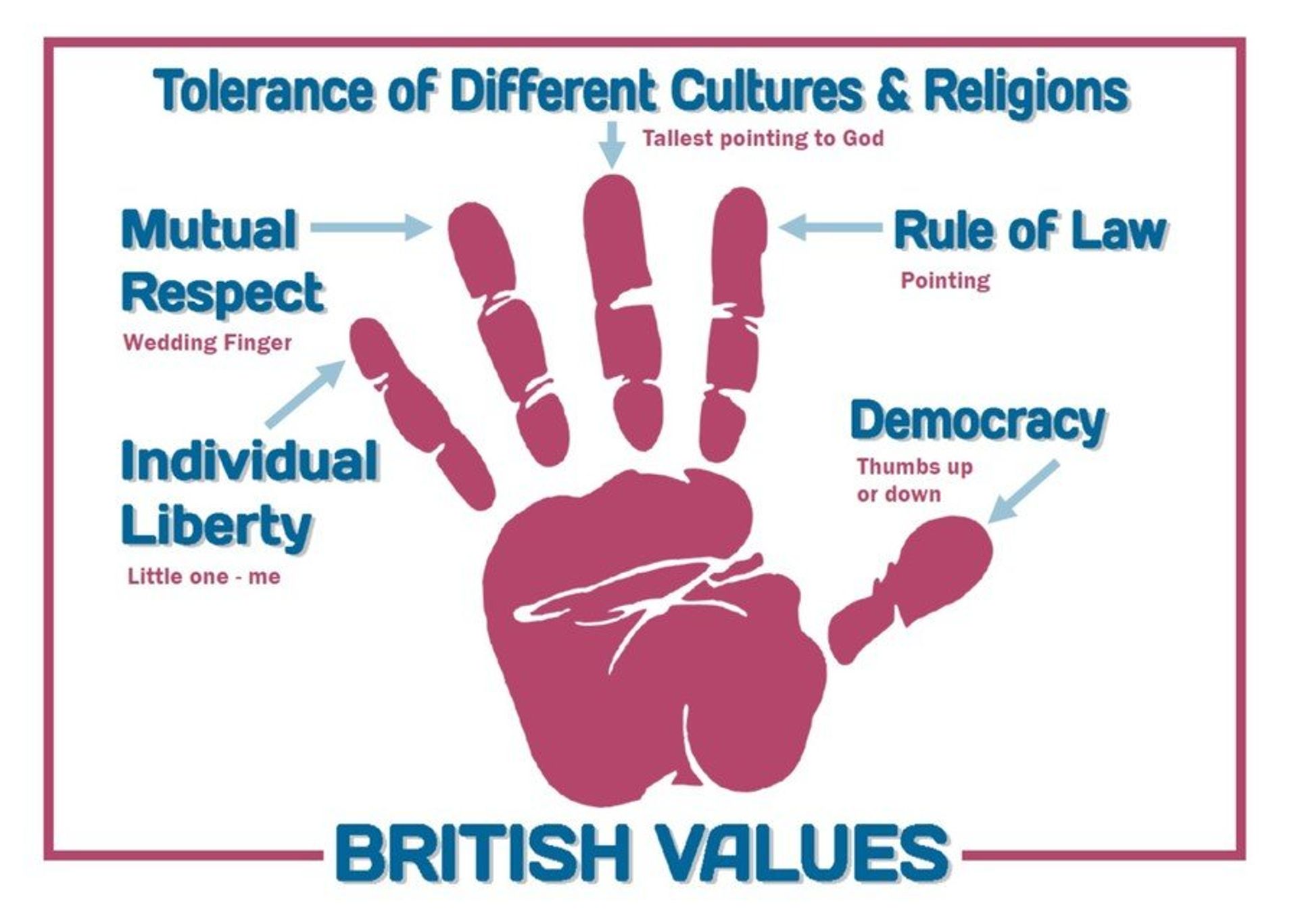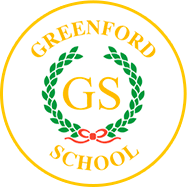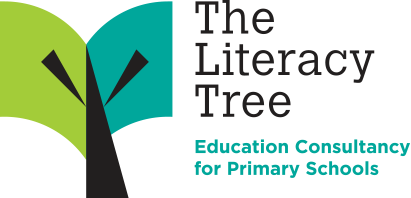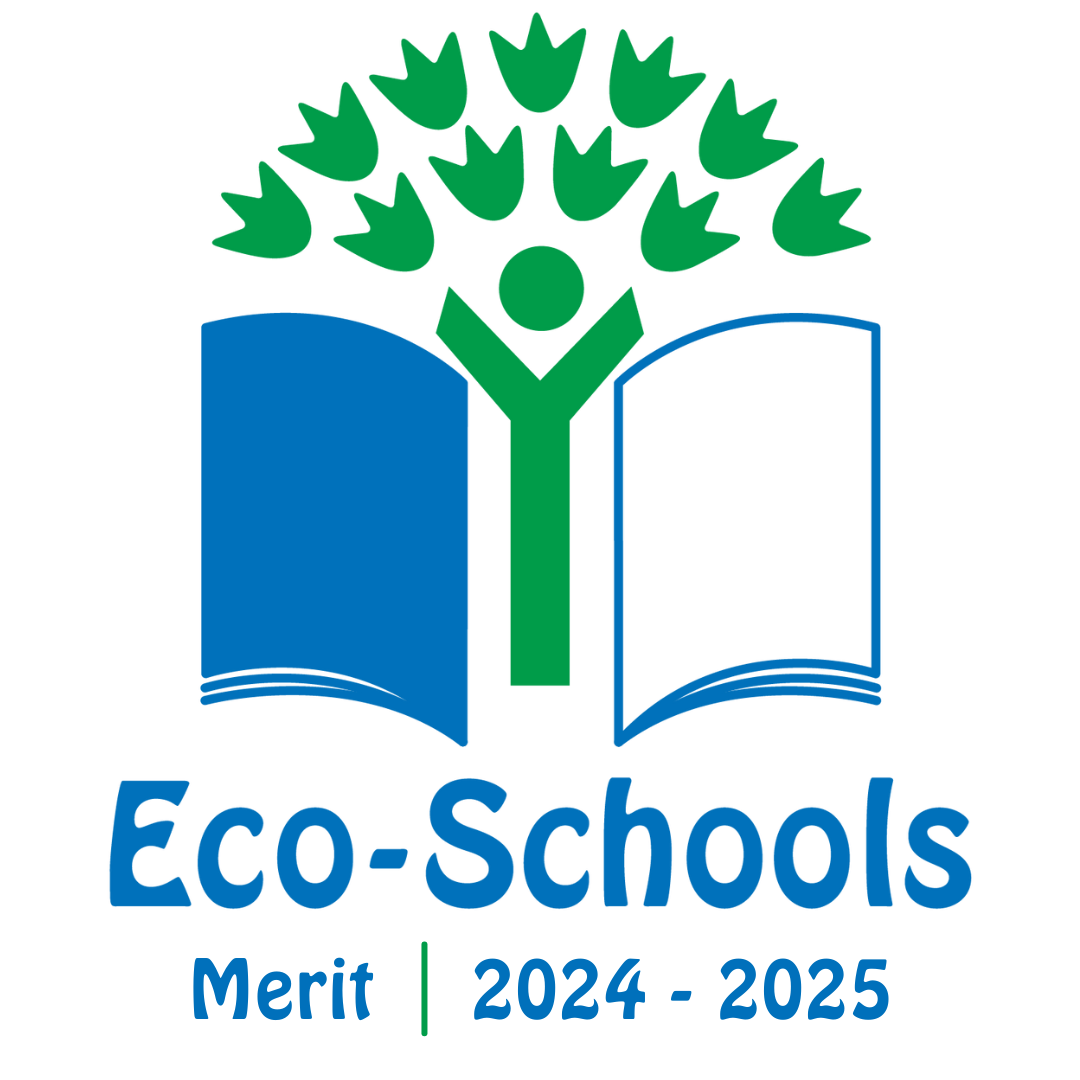British Values

In June 2014, the Government emphasised the important role that British values can play in education. Further, how well a school promotes such values is an aspect of Ofsted’s inspection process.
Although this is something which is developing in its significance for schools, it is not something new at Greenford CE VC Primary School. British values are embedded within our curriculum, not least during our school assemblies, RE sessions and PHSE. The values are central to our school mission statement and school values.
As well as actively promoting British values, the opposite also applies: we would actively challenge pupils, staff or parents expressing opinions contrary to fundamental British values, including ‘extremist’ views. For information is available within our, Preventing Extremism policy.
Schools are subject to a duty (Section 26, Counter-Terrorism and Security Act 2015) to have “due regard to the need to prevent people from being drawn into terrorism”..
Being part of Britain
As a school, we value and celebrate the diverse heritages of everybody at Greenford School. Alongside this, we value and celebrate being part of Britain. In general terms, this means that we celebrate traditions, such as customs in the course of the year; for example, Remembrance during the autumn term, Christmas time, and pancake making in the spring term. We teach the children traditional country and maypole dancing. We also value and celebrate national events.
Further, children learn about being part of Britain from different specific perspectives. Two specific examples of when we teach about being part of Britain are:
Geographically: We teach our children to have a better understanding of what Britain is, learning more about:
- its capital cities and counties, its rivers and mountains
- how ‘Great Britain’ differs from ‘England’ and ‘the United Kingdom.
- where Britain is in relation to the rest of Europe and other countries in the world
Historically: Through history based project work, children learn about an aspect of life and how this has developed and changed over time. The actual topic depends on the interests of the children but might include inventions and discoveries, or houses, or medicine.
Democracy
Children, parents and staff have many opportunities for their voices to be heard at Greenford CE VC Primary. Democracy is central to how we operate.
An obvious example is our School Council. The election of the School Council members reflects our British electoral system and demonstrates democracy in action: pupils consider characteristics important for an elected representative, pupils vote in secret using ballot boxes etc. Made up of two representatives from each class, the School Council meets regularly to discuss issues raised by the different classes. The council is able to genuinely effect change within the school; in the past, the School Council has contributed ideas for playground area and, alongside all stakeholders, helped to choose the school logo and mission statement. The Council have also actively been involved in recruitment of staff and in providing teachers with feedback on their learning.
Other examples of ‘pupil voice’ are:
- children agree their Class Charter and the rights associated with these; all children contribute to the drawing up of the charter
- children are asked to respond and reflect on the teaching and learning
- children nominate various charities, and suggest ideas for fund raising events. They are actively involved in planning and running these fund raising events.
Pupils are always listened to by adults and are taught to listen carefully and with concern to each other, respecting the right of every individual to have their opinions and voices heard. We encourage pupils to take ownership of not only their school but also of their own learning and progress. This encourages a heightened sense of both personal and social responsibility and is demonstrated on a daily basis by our pupils.
Rules and laws
The importance of rules and laws, whether they be those that govern our school or our country, are referred to and reinforced often, such as in assemblies and when reflecting on behaviour choices. At the start of the school year, each class discusses and sets its own Class Charter, a set of principles that are clearly understood by all and seen to be necessary to ensure that every class member is able to learn in a safe and ordered environment.
Pupils are taught the value and reasons behind laws, that they govern and protect us, the responsibilities that this involves, and the consequences when laws are broken. These values are reinforced in different ways:
- visits from authorities such as the police and fire service
- during Religious Education, when rules for particular faiths are thought about
- during other school subjects, where there is respect and appreciation for different rules – in a sports lesson, for example
Individual liberty
Alongside rules and laws, we promote freedom of choice and the right to respectfully express views and beliefs. Through the provision of a safe, supportive environment and empowering education, we provide boundaries for our young pupils to make choices safely; for example:
- choices about learning challenges or activity
- choices about how they record their learning
- choices around the participation in extra-curricular activities
Our pupils are encouraged to know, understand and exercise their rights and personal freedoms and are taught how to exercise these safely, such as in our e-safety and PHSE lessons.
Mutual respect and tolerance of those with different faiths and beliefs
Greenford Primary is in an area which does not have significant cultural diversity yet we are proud to promote and celebrate our different backgrounds and beliefs. Mutual respect is at the heart of our aims and ethos – To develop understanding of and respect for a wide range of religious values, languages and cultural traditions and different ways of life – and it’s one of our school rules: We respect everyone and everything.
Our pupils know and understand that it is expected and imperative that respect is shown to everyone, whatever differences we may have. Children learn that their behaviour choices have an effect on their own rights and those of others. All members of the school community should treat each other with respect.
Specific examples of how we at Greenford Primary enhance pupils understanding and respect for different faiths and beliefs are:
- through Religious Education, PHSE and other lessons where we might develop awareness and appreciation of other cultures – in English through fiction and in Art by considering culture from other parts of the world, for example
- enjoying a depth of study during Themed Weeks, where sometimes we will celebrate and enjoy learning about the differences in countries and cultures around the word (whilst at other times we might consider groups or individuals who might be vulnerable in some way, such as those with mental or physical health issues)

Extremism
Please refer to our, ‘Prevent Strategy information.’
Parent Pamphlet Prevent Strategy
Prevent Extremism Radicalisation Policy
 Greenford
Greenford 



